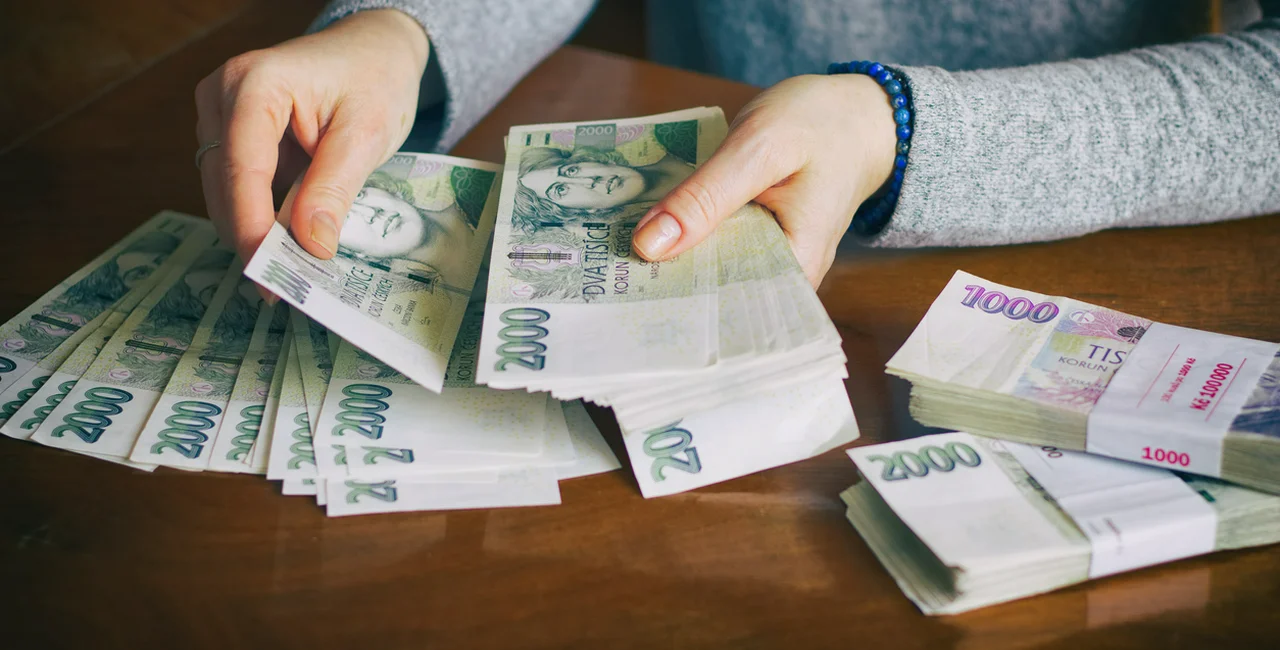Tax Freedom Day in the Czech Republic is almost a month later than last year. In 2020, Czechs will work for the state until June 24. In 2019 the date was May 28, as calculated by the Prague-based Liberal Institute.
Tax Freedom Day represents an imaginary boundary that divides a calendar year into two periods. In part of the year until Tax Freedom Day, people earn to cover the expenses of state and public institutions. This virtual period of 100% taxation ends with the Day of Tax Freedom. After that, people earn for themselves.
The best result for Tax Freedom Day was in 2018, when it was May 22, for a total of 142 days worked for the state. In 2020, people will work 175 days for the state. The result for 2020 is the latest date for tax freedom since the Liberal Institute first began keeping track in 2000.
The increase in state spending is due to the government’s efforts to offset the effects of the coronavirus pandemic. At the same time, a drop in gross domestic product (GDP) is expected. According to the approved budget, the deficit is expected to reach 300 billion CZK.
“The coronavirus pandemic cannot be blamed on the government. The Liberal Institute would be excited in every other year for Tax Freedom Day to move closer to the beginning of the year. This year, our position is different: This year is a year when the state should legitimately raise spending, which in our metrics moves Tax Freedom Day closer to the end of the year,” Martin Pánek, director of the Liberal Institute, said in a press release.
The Liberal Institute determines Tax Freedom Day based on the share of state expenditure in gross domestic product (GDP). It does not reflect how much taxes citizens actually pay. It reflects how much the state spends and how fast the economy is growing.
Liberal Institute chief economist Jiří Nohejl last year said that the Czech Republic was experiencing one of the longest periods of economic growth in memory. “Unfortunately, the government did not use this period of prosperity to prepare for the recession that necessarily had to come one day — although, of course, no one could expect how serious and unique the crisis would be,” he said.
“We have not seen public finance reform in recent years. A financial reserve, which the government could have created thanks to years of economic growth, if it actively sought surplus budgets, would now be very useful for us to support the unprecedentedly stopped economy,” he added.
Pánek said the think tank would not criticize the government this year, even if Tax Freedom Day was at the end of July. “This year, it is necessary to finance additional expenditures in health care and provide help to individuals and companies from public budgets,” Pánek said.
But he didn’t completely let the government off the hook. “However, the government deserves criticism for anti-economic and harmful ideas, such as price caps for face masks and tests that lead to their acute shortage, rescuing government friends’ businesses, or pointless bureaucracy. … The unnecessarily harsh and long-lasting closure of some services significantly dampened economic activity, which moved Tax Freedom Day a few weeks further,” Pánek said.
The Liberal Institute is an independent think-tank founded in February 1990. According to its website, it aims to develop and apply the ideas of classical liberalism — individual freedom, free trade, the minimum state and peace — primarily through educational projects and publications in the Czech Republic and abroad.
The Liberal Institute is preparing events for June 24 to illustrate how much the state has takes from people’s earnings.












 Reading time: 3 minutes
Reading time: 3 minutes 






















